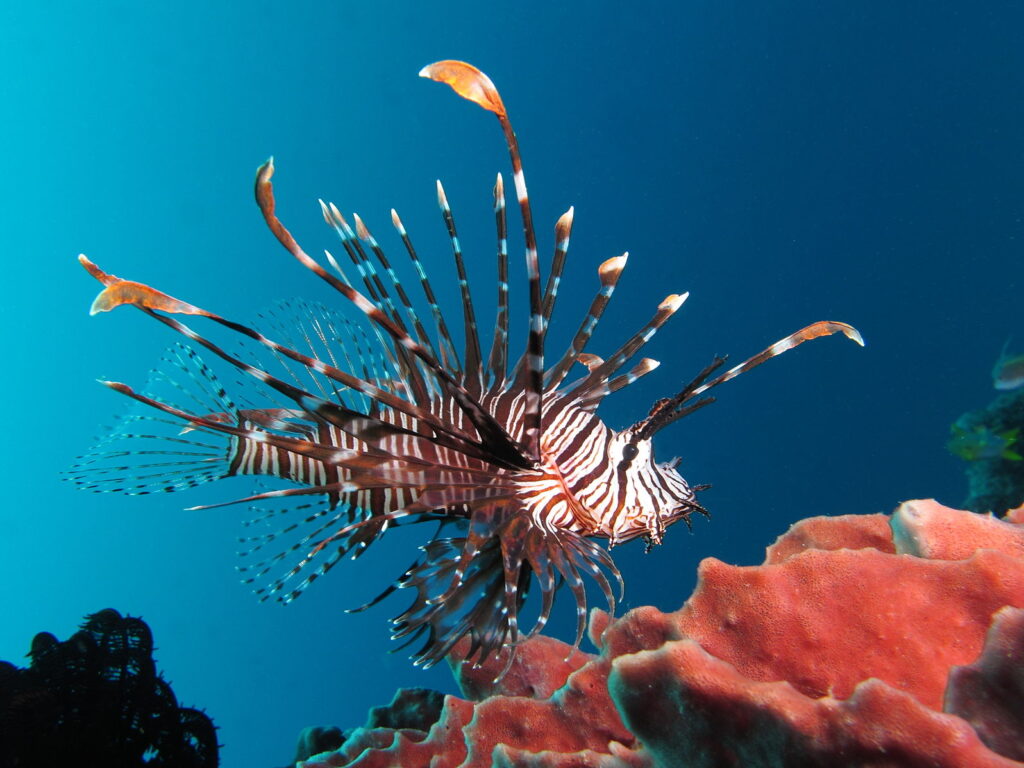Visiting the beach is a fun and safe way to enjoy a summer’s day. Nevertheless, a few coastal “residents” are capable of turning your lazy day at the shore into an anxious wait at the local clinic. Take care to avoid the following sea creatures*, which sometimes show up on or near the shore:

Jellyfish
- These squishy critters injure beach-goers far more often than any other type of sea life. Since a sting from jellyfish tentacles can prove painful even when the creature is dead, smart beach-goers everywhere give them a wide berth both in the water and along the shore. The U.S. National Library of Medicine, National Institutes of Health, offers advice on how to treat jellyfish stings.

Sea Urchins
- Step on one of these spiny round invertebrates and you’ll be sorry! Most common in shallow waters near sandy or rocky shorelines and on subtropical coral reefs, urchins inflict a painful wound when a spine penetrates human skin. The U.S. National Library of Medicine, National Institutes of Health, offers general advice on how to treat a wide variety of animal stings or bites.

Lionfish
- Widely established along the East Coast, Caribbean, and the Gulf of Mexico, these showy swimmers are lovely to look at but tricky to touch. The lionfish’s spines deliver a venomous sting that can cause extreme pain, sweating, respiratory distress, and even paralysis. So unless you’re an expert, don’t touch them. If you are unlucky enough to get stung by a lionfish, seek immediate medical attention. The U.S. National Library of Medicine, National Institutes of Health, offers advice on how to treat lionfish stings.

Stingrays
- Common throughout the Mid-Atlantic, Southeast U.S., Caribbean, and Gulf of Mexico, stingrays often swim within a few yards of shore, where they prey on tiny fish and shellfish. They are known to lie on the bottom and cover themselves with sand, which is how most people get stung. Stingrays are not aggressive, but if you follow one too closely, you run the risk of catching the business end of the stingray’s sharp, painful stinger. Anyone stung by a stingray should visit the nearest medical facility as soon as possible. The U.S. National Library of Medicine, National Institutes of Health, offers advice on how to treat stings from a stingray.

Sharks
- Shark attacks are rare. Make yourself less vulnerable to one by staying out of the water at dawn and dusk, when sharks are most active. You should also stay out of the water if you have any open wounds. It goes without saying that if you see a shark swimming nearby, leave the water as quickly and quietly as you can. Then, inform your fellow beach-goers and the closest lifeguard.
READ MORE at noaa.gov

https://creativecommons.org/licenses/by-sa/3.0/deed.en
